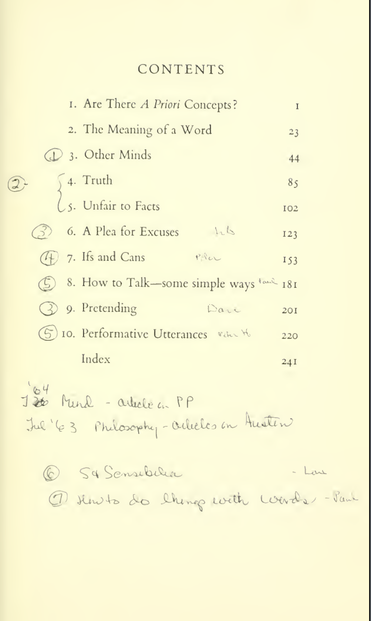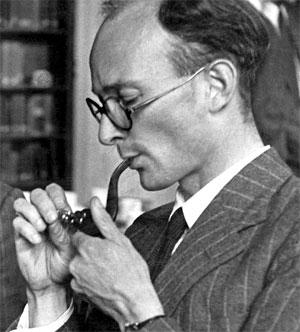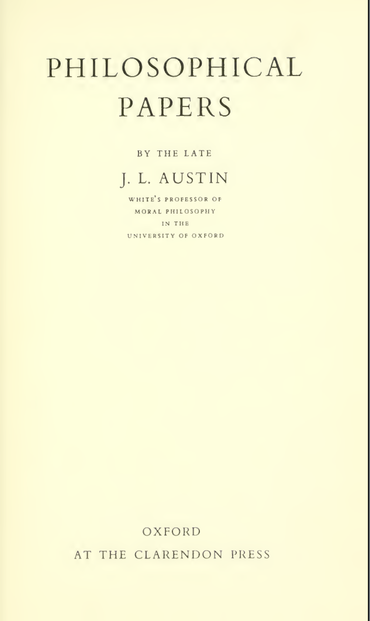Comme on demandait à John Langshaw Austin, pourquoi il avait si peu publié (quelques articles dans des revues philosophiques spécialisées), il répondait : "il y a bien assez de livres comme ça".
Pour ceux qui l'ignorent, JL Austin est un des philosophes les plus importants du siècle passé, et, donc, probablement, un des moins prolifiques - auteur notamment de How to Do Things with Words (1962), Sense and Sensibilia (1962), et des Philosophical Papers (1979), trois volumes publiés après son décès à l'âge de 48 ans, en 1960.
Dans ces quelques centaines de pages rédigées avec un humour british absolument délicieux, auront été élaborés quelques-unes des théories les plus importantes de notre temps (les actes de langage, le performatif, la critique du sens commun, etc.), mais celle qui aura exercé la plus grande influence sur mon propre travail (notamment en psychanalyse), c'est sans aucun doute la perspective du langage ordinaire.
https://www.francetvinfo.fr/culture/livres/moins-de-temps-a-deballer-les-cartons-davantage-de-temps-pour-conseiller-les-clients-des-libraires-decident-de-faire-une-treve-dans-l-achat-de-nouveautes_7104285.html
C'est marrant, mais en relisant ce truc complètement indigeste que j'avais écrit dans ma période Wittgenstein, Austin, Bion - je me dis que tout de même, il se trouve le ferment de quelque chose qui est devenu extrêmement important pour moi aujourd'hui, l'usage queer de la langue.
(un usage particulier, tordu, queer, qui conduit à faire dire avec les mots quelque chose qui veut ne pas être dit, que la structure de domination inhérente à la langue "mainstream" fait tout pour que ce ne soit pas dit)
Voilà le truc indigeste (à l'époque, ça me paraissait sensé 😅 )
https://outsiderland.com/danahilliot/grammaire/
#JLAustin
NB : comme vous l'aurez noté en lisant les lignes qui précèdent, je me fous complètement de ce que font ou pas les libraires et les éditeurs (et ils me le rendent bien) 😅


